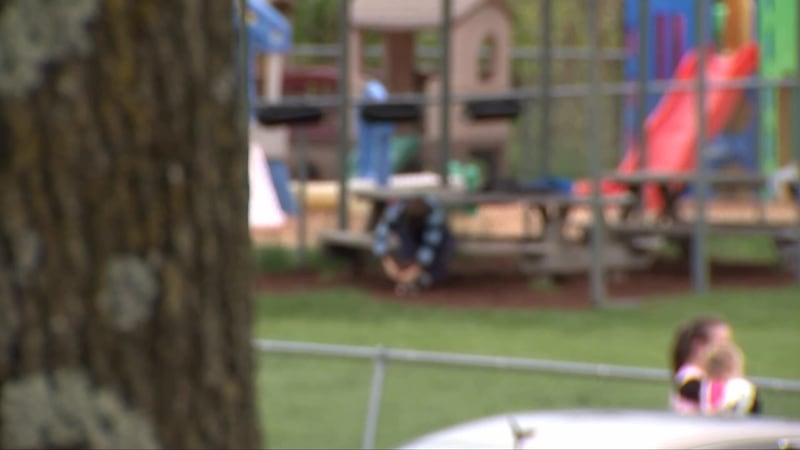Warning signs are up at Pittsburgh International Airport, alerting travelers that beginning in January 2018, a Pennsylvania driver's license won't allow access through a TSA checkpoint or onto a plane. Instead, passengers will need a passport or a military ID.
In 2005, Pennsylvania refused to comply with the federal government's REAL ID act. The law was enacted after Sept. 11, 2001, in an effort to prevent terrorism and fraud. The crackdown was supposed to begin in January 2017, but the federal government agreed to give Pennsylvania additional time to comply.
If the new requirements are not implemented in Pennsylvania by June, the state's driver's licenses won't be valid to gain access to federal facilities, including military bases or nuclear power plants. That will expand next January to include air travel.
Pennsylvania state Rep. Daryl Metcalf supported the legislation in Pennsylvania that barred the state from joining REAL ID. The program requires drivers applying for a license to show two forms of proof of residency, such as a utility bill, a property tax statement or a voter registration card, as well as a birth certificate with a raised seal. That information is kept in a federal database.
Metcalf, a Republican, said the program is not only an inconvenience, but it would cost Pennsylvania more than $300 million to implement it.
"It's in intrusion by the federal government into driver's licensing. They have no constitutional involvement in (it and) no right to be involved in (it)," said Metcalf.
Metcalf sent a letter to President Donald Trump asking him to abandon the REAL ID program.
Pennsylvania state Rep. Dom Costa said that while there were initial concerns about the data collected and privacy, the federal government already has all the information it needs. He said it's time to get in line with most other states, which have complied.
Costa, a Democrat, co-sponsored legislation to join REAL ID, but said he wants to make sure the costs of the program won't be passed on to taxpayers.
"We are all Americans, we are all under one flag. When it comes down to the nitty-gritty, we need to comply with the rest of the country," said Costa.
The federal government and PennDOT have posted answers to frequently asked questions about the program:
- dhs.gov/secure-drivers-licenses
- dhs.gov/real-id/pennsylvania
- dmv.pa.gov/Information-Centers/Identity-Security/Pages/Real-ID-Act.aspx
Cox Media Group





